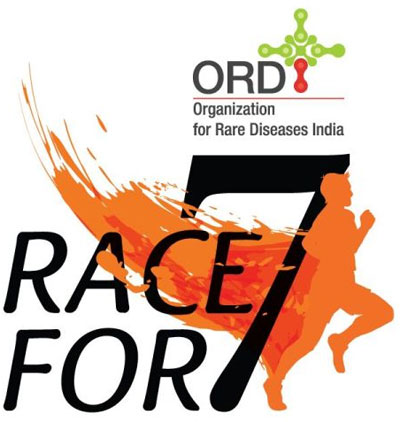With a sizeable number of the 13,000-plus infant deaths per year in Karnataka being attributed to rare diseases, patient-support  groups are demanding the implementation of the proposed Orphan Drugs Act on the lines of the US model.
groups are demanding the implementation of the proposed Orphan Drugs Act on the lines of the US model.
The Organisation for Rare Diseases India (ORDI), a non-profit organisation, has been advocating the need for the act to be implemented for the past one year. The organisation demands a two-tier system in the act – one that supports pharmaceutical companies and the other that supports the patients.
The diseases that are rare and affect only a small percentage of the population are known as rare diseases or orphan diseases. The medicines to cure these diseases are known as orphan drugs. Around 80% of these diseases are related to genetics.
As the population affected by rare diseases is very small, and a lot of money being involved in the research for diagnosis of these diseases and inventions of orphan drugs, there is a lack of motivation among the pharmaceutical companies.
ORDI feels there is a need for treatment, supportive care, and financial support, global access to experts and advanced labs for early stage diagnosis.
Dr Shantaram Baliga, president of National Neonatology Forum, Karnataka, says, “Every year 13,000 infants die before their first
birthday. Around 8,700 die even before completing one month, and 60% of these infants die within three to four days of being born. A large number of these deaths can be attributed to rare diseases. If we are able to diagnose the rare disease at an early stage and are able to treat it, a lot of lives can be saved.”
ORDI wants the government to provide incentives to pharmaceutical companies to develop diagnostic methods and drugs to tackle rare diseases. They are seeking incentives for companies developing orphan drugs, besides tax exemptions and financial funding from the government. A separate policy for people suffering from rare diseases, on the lines of that for the handicapped or the HIV patients, is also being demanded.
The Orphan Drug Act was enacted in US in the year 1983. “After the act was implemented in the US the market saw 400 new products for treating these diseases come up. While importing these products there is huge import tax charged. It is important that the drugs be made affordable in India. I think incentives to pharmaceutical companies will encourage finding affordable cures,” Dr Meenakshi Bhat, consultant in Clinical Genetics and professor, Centre for Human Genetics, said.
Prasanna Kumar



